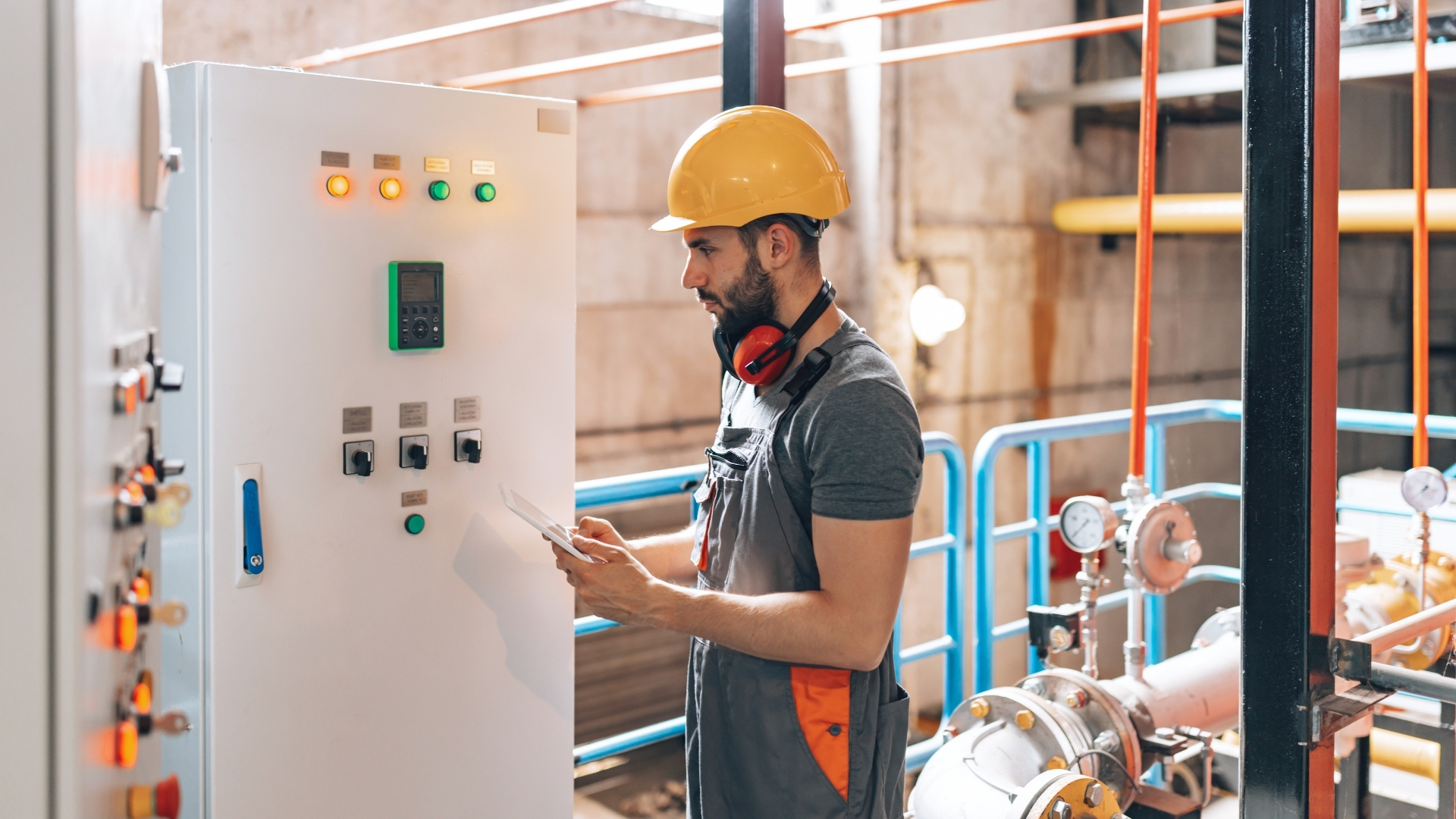The maritime industry forms the backbone of global trade and transportation. However, its success relies not only on efficient operations and timely deliveries but also on compliance with international safety standards and operational security. Modern maritime operations depend on these meticulously designed standards to ensure crew safety, structural integrity of vessels, and environmental sustainability. In this article, we delve into the importance of safety and standards in the maritime industry, how to ensure compliance, and how to prepare for future challenges.
Why Is Maritime Safety Critical?
Maritime safety is essential not only for preventing accidents but also for ensuring smooth operations and environmental protection. Safety measures protect the lives of the crew, increase the efficiency of vessels, and help prevent costly incidents. Additionally, regulations aimed at reducing the environmental impact of maritime transportation help businesses fulfill their responsibilities and maintain their global reputation.
International Maritime Organization (IMO) and Standards
The framework for maritime safety standards is established by the International Maritime Organization (IMO). The IMO’s primary goal is to ensure that maritime transportation is safe, environmentally friendly, and efficient. To achieve this goal, several key standards have been developed:
SOLAS (Safety of Life at Sea): Covers structural integrity, fire safety, life-saving equipment, and navigational security for vessels.
MARPOL (International Convention for the Prevention of Pollution from Ships): Regulates measures to minimize environmental pollution caused by ships.
ISM Code (International Safety Management Code): Defines requirements for ship management systems to ensure the safety of crew and environmental protection.
Core Components of Ship Safety
Maritime safety depends on multiple factors, ranging from the technical infrastructure of ships to crew training. Here are the core components of ship safety:
- Electrical and Mechanical Safety
Electrical and mechanical systems play a critical role in ensuring safety onboard ships. Any failure in these systems can risk both the ship’s operations and the crew’s safety. Therefore, professional handling of electrical panel installation, high-voltage cable pulling, and switchgear assembly is vital. - Fire Safety
Fires are among the most significant risks in maritime operations, capable of causing extensive damage. Fire detection and suppression systems that comply with SOLAS standards minimize fire risks. Additionally, regular fire drills and crew training in emergency equipment usage are essential. - Automation and Instrumentation
Automation systems in modern ships enable safer and more efficient operations. SCADA integration and instrumentation cabling optimize ship performance while reducing the crew’s workload. These systems allow real-time monitoring of operations and facilitate quick interventions when necessary. - Grounding and Short Circuit Protection
Grounding systems and short circuit protection tests are fundamental to electrical safety. These measures minimize the risks posed by electrical faults to both crew and equipment.
Benefits of Compliance with Standards in the Maritime Industry
Adhering to international standards offers numerous advantages for maritime businesses. These benefits extend beyond safety measures to support operational continuity and cost management.
- Operational Efficiency
Standards-compliant systems enhance the performance of ships and ensure uninterrupted operations. Regular maintenance and testing ensure that systems function smoothly, preventing unexpected breakdowns. - Environmental Protection
Compliance with MARPOL standards reduces the environmental impact of maritime operations. Optimizing fuel consumption, lowering emissions, and improving waste management are key components of these standards. - Cost Savings
Preventing malfunctions and accidents significantly reduces operational costs in the long term. For instance, routine maintenance and short circuit tests extend the lifespan of equipment, offering cost advantages. - Legal Compliance and Reputation
Compliance with international maritime standards helps businesses avoid penalties and establishes a trustworthy reputation in the global market.
Advanced Solutions for the Maritime Industry
Modern maritime equipment offers significant innovations to improve both safety and efficiency. Industrial electrical installations, electromechanical assembly, and generator commissioning are among the technologies that enable safer ship operations. Additionally, energy-efficient solutions like harmonic analysis services reduce operational costs while minimizing environmental impact.
Safe Maritime Solutions with Leona Engineering
Ensuring compliance with safety standards in the maritime industry can be a complex process. Leona Engineering simplifies this process by offering expert support for your maritime projects. From electrical systems to electromechanical solutions, from automation integration to maintenance services, we provide comprehensive solutions for secure and efficient operations.
Our Services Include:
Electrical panel installation and testing
SCADA and automation system integration
Grounding and short circuit protection systems
High- and low-voltage cabling
Instrumentation and sensor cabling
At Leona Engineering, we guarantee the highest quality and safety standards at every stage of your projects.



 Security
Security